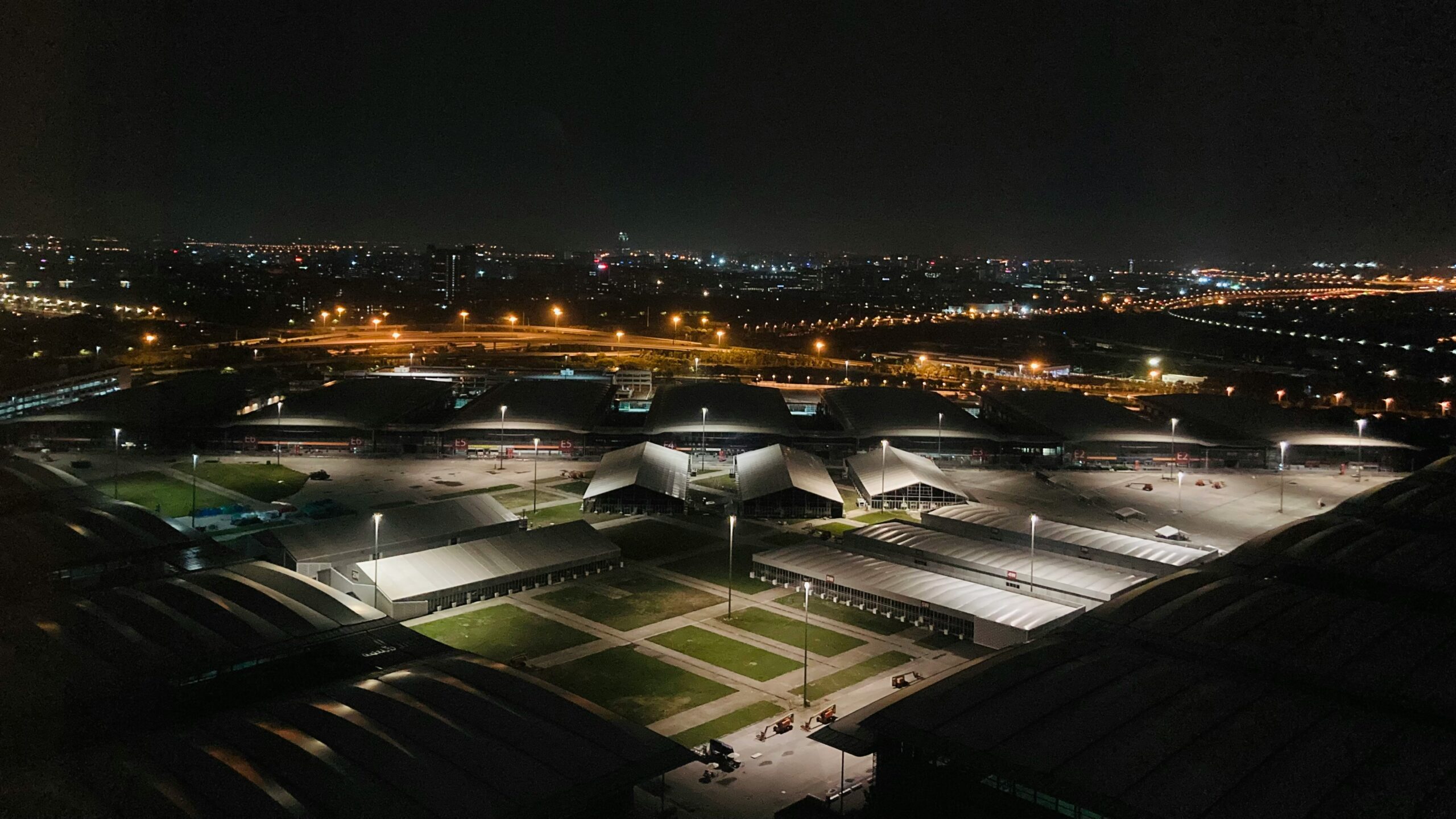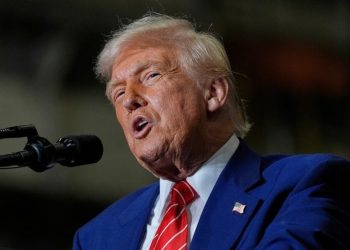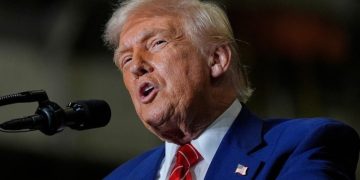The confrontation between the Department of War (DoW) (Defense Secretary Pete Hegseth’s controversial rebrand of the Department of Defense) and the Pentagon press corps isn’t merely a dispute over bureaucratic policy; it’s a dangerous, calculated assault on the very foundations of American democracy and the First Amendment’s guarantee of press freedom.
Major news organizations, including The New York Times and The Washington Post, have rightly refused to sign a new policy that, in effect, forces journalists to become mere stenographers for the U.S. military. This unprecedented restriction requiring approval for the release of any information, even unclassified material, and threatening credentials for the solicitation of unauthorized information is a de facto system of prior restraint, the most egregious form of government censorship.

The administration’s justification (that these changes are necessary to protect national security) is quite hollow when scrutinised. The historical precedent for press access, which has successfully operated for decades, never necessitated this level of information control. This is not about security; it is about controlling the narrative and stifling any independent scrutiny of the US military, which operates on nearly a trillion dollars of taxpayer money.
The policy’s most insidious provision suggests that asking a DoW employee for unapproved information could be deemed soliciting criminal acts. This is a transparent effort to create a chilling effect, intimidating potential sources (whistleblowers exposing waste, fraud, or abuse) into silence for fear of prosecution, and simultaneously coercing journalists into self-censorship.
Why It Matters
Secretary Hegseth’s dismissive “hand-waving emoji” response to the collective rejection by news outlets epitomises an alarming contempt for the media’s constitutional role as a watchdog of government accountability.
Furthermore, the previous decision to evict mainstream media outlets from dedicated office space in favour of right-leaning organizations highlights the politically motivated nature of these restrictions, creating an environment where favoured outlets receive greater access, undermining journalistic independence across the political spectrum.

















